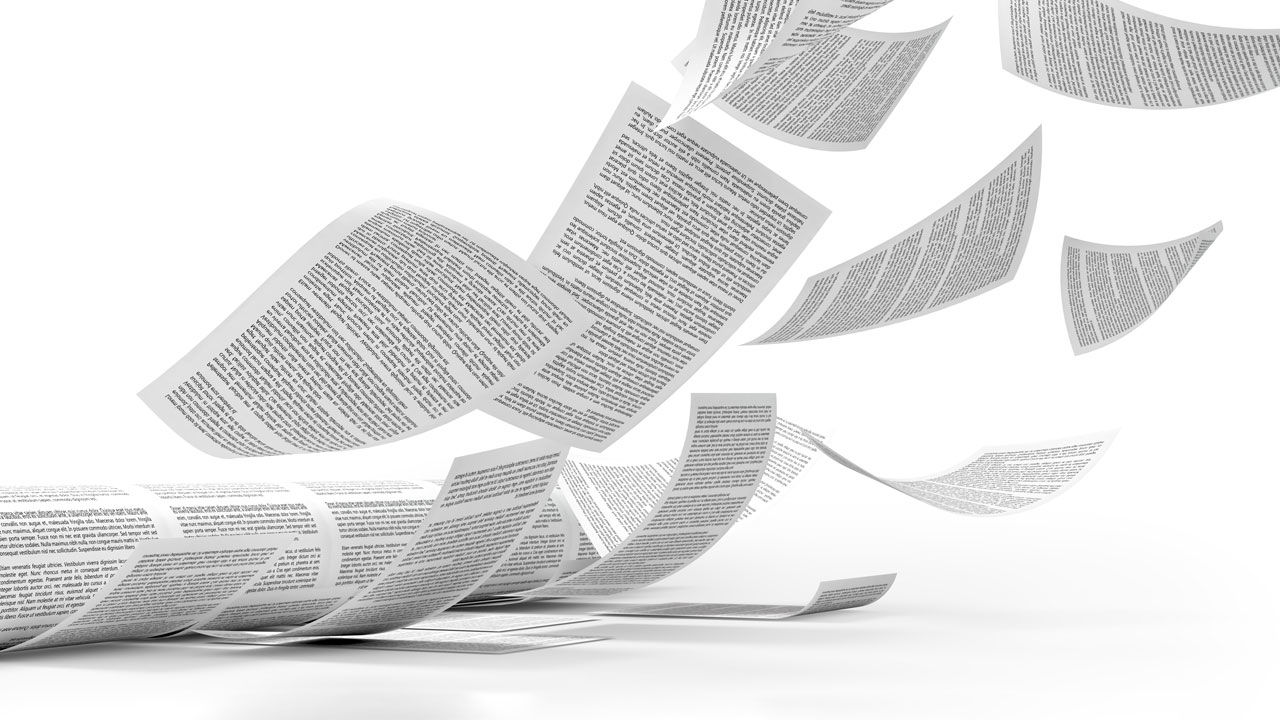8% of Researchers in Dutch Survey Have Falsified or Fabricated Data
8% of Researchers in Dutch Survey Have Falsified or Fabricated Data
Study of nearly 7,000 scientists also finds that more than half engage in 'questionable research practices'.
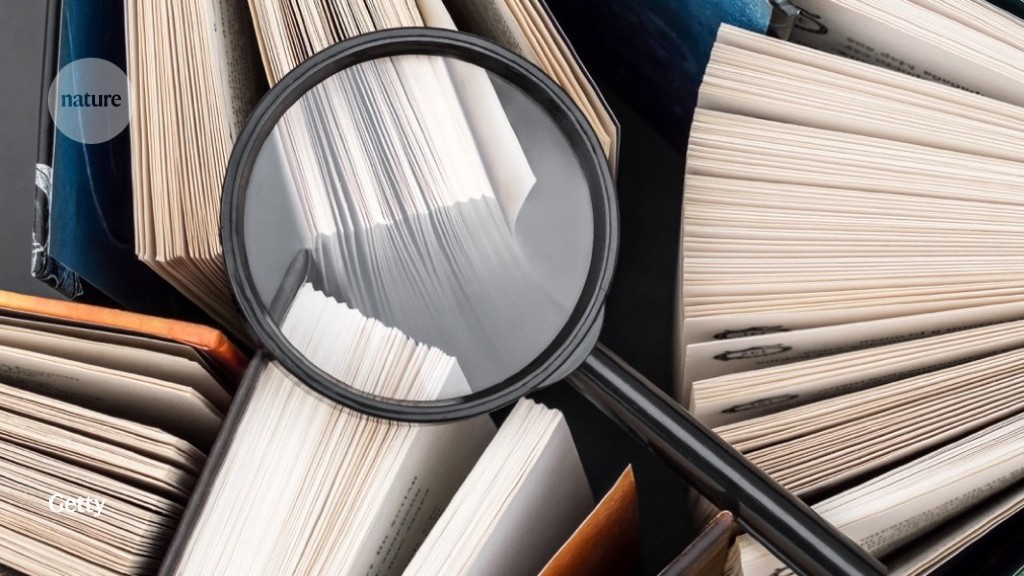
Send us a link
Study of nearly 7,000 scientists also finds that more than half engage in 'questionable research practices'.

Health research is based on trust. Health professionals and journal editors reading the results of a clinical trial assume that the trial happened and that the results were honestly reported. But about 20% of the time, said Ben Mol, they would be wrong.
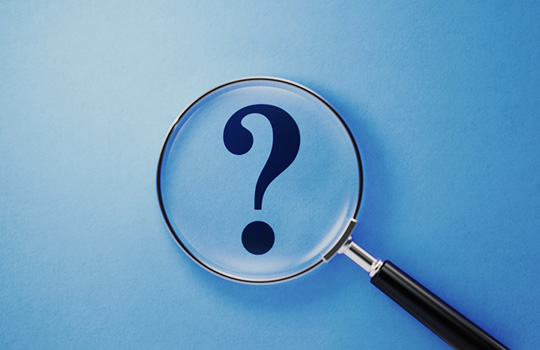
Effort aims to identify what's ethical and legal-and what's not.
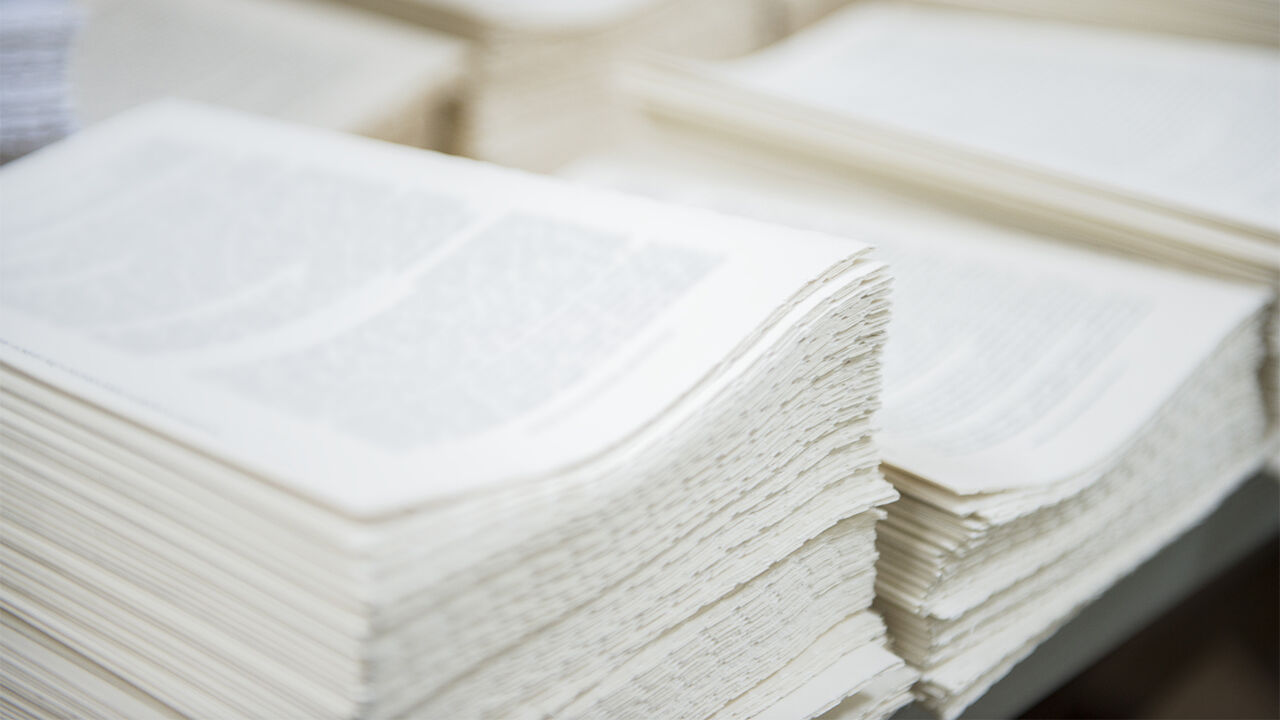
Discrimination and harassment violate scientific integrity – but the damage they do goes beyond that.
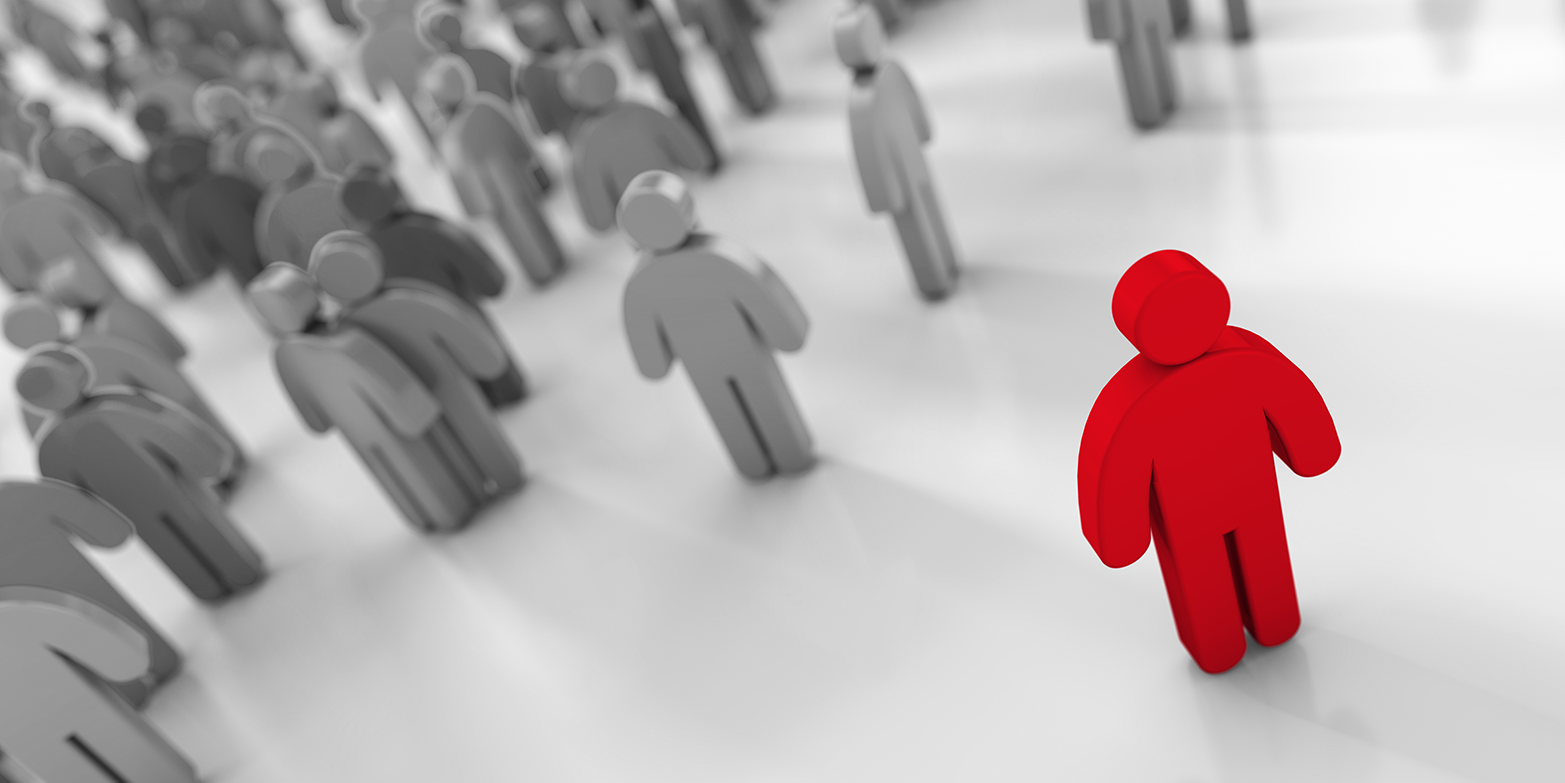
This is a series of webinars on six engaging and relevant topics as a precursor to a live event in 2022. These discussions will form part of the broader RI dialogue, and set a foundation we hope to build on in Cape Town when the RI community gather to – at long last – meet in person.
Tracking how factors such as biases and conflicts of interest creep into editorial boards requires better data.
Some publishers say they are battling industrialized cheating. A Nature analysis examines the 'paper mill' problem - and how editors are trying to cope.
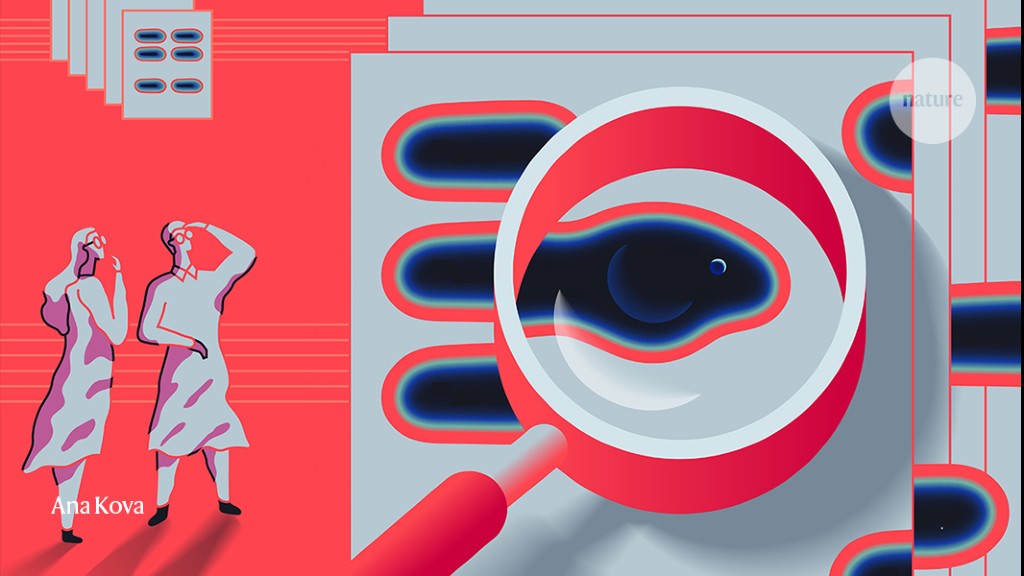
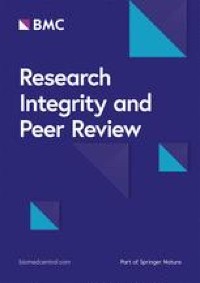
Here’s what the Biden-Harris administration can do to repair the damage Trump has done.
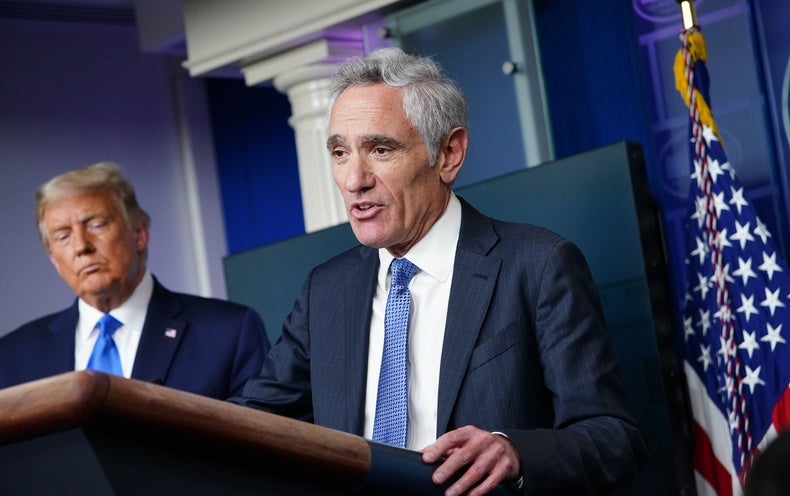
A legal journal has retracted a 2019 article on the facial genetics of ethnic minorities in China for ethics violations. Springer Nature is investigating more than two dozen other articles for similar concerns.

Hong Kong Principles seek to replace 'publish or perish' culture.
Via Wikimedia A journal has allowed a geophysicist who cited his own work hundreds of times across 10 papers to retract the articles and republish them with a fraction of the self-citations.
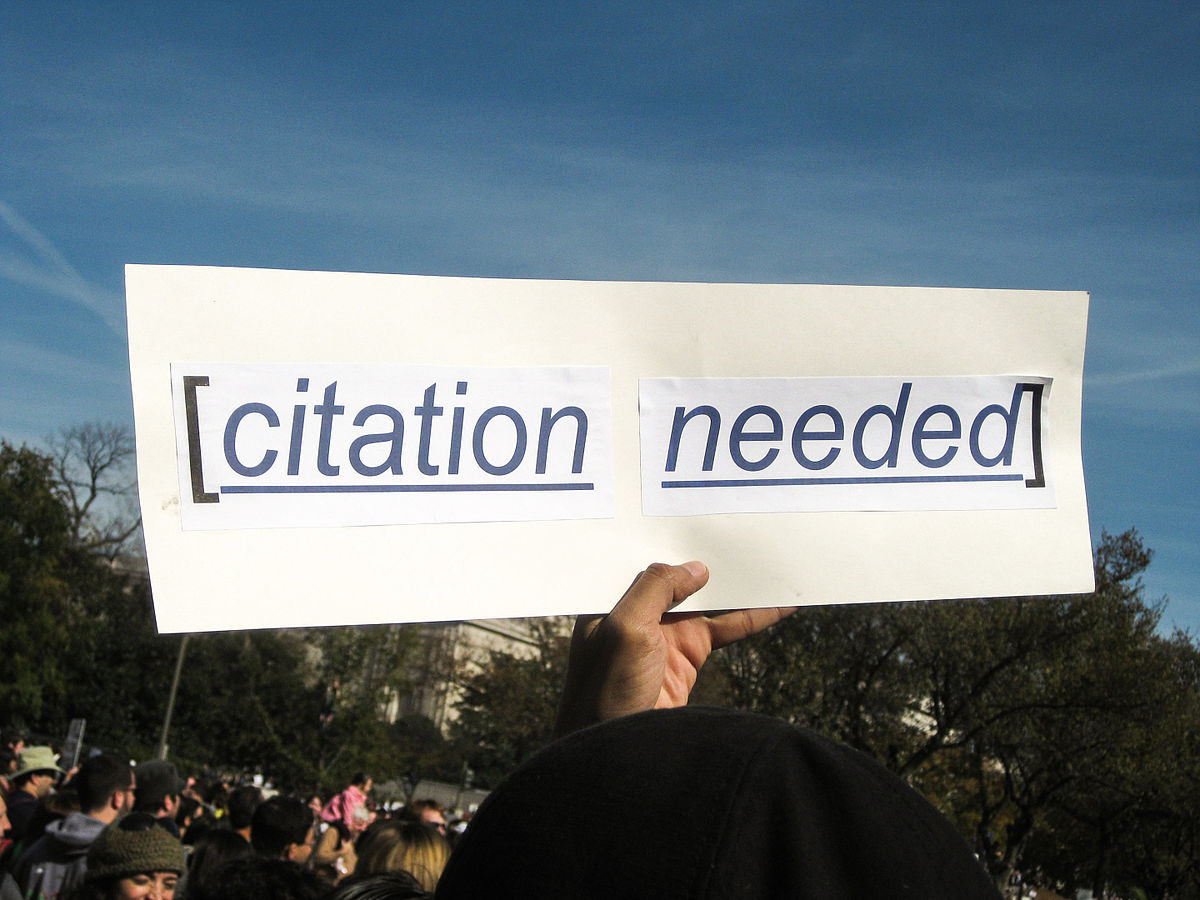
Nature has retracted a recent commentary after the author complained that he had been misled by the relationship of the publication to a financial sponsor and told to avoid critiquing work from the institution. The journal says it is revisiting its “editorial guidelines and processes” in the wake of the case.

Was there ever a golden age of unsullied science, as a book implies?
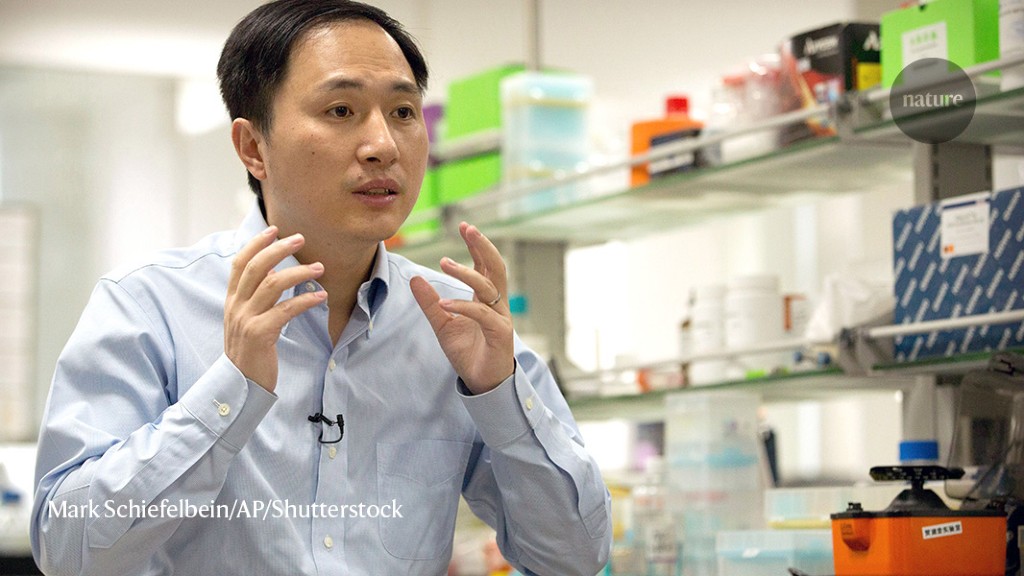
Personal integrity and local culture are key to research integrity, and bullying and harassment is the single biggest negative influence, according to a new study by UK Research and Innovation (UKRI).
The now retracted paper halted hydroxychloroquine trials. Studies like this determine how people live or die tomorrow.

More than 120 researchers and medical professionals from around the world have written an open letter to the editor of the Lancet raising serious concerns about a large and widely publicised global study that prompted the World Health Organisation to halt several Covid-19 clinical trials.

Elisabeth Bik quit her job to spot errors in research papers - and has become the public face of image sleuthing.
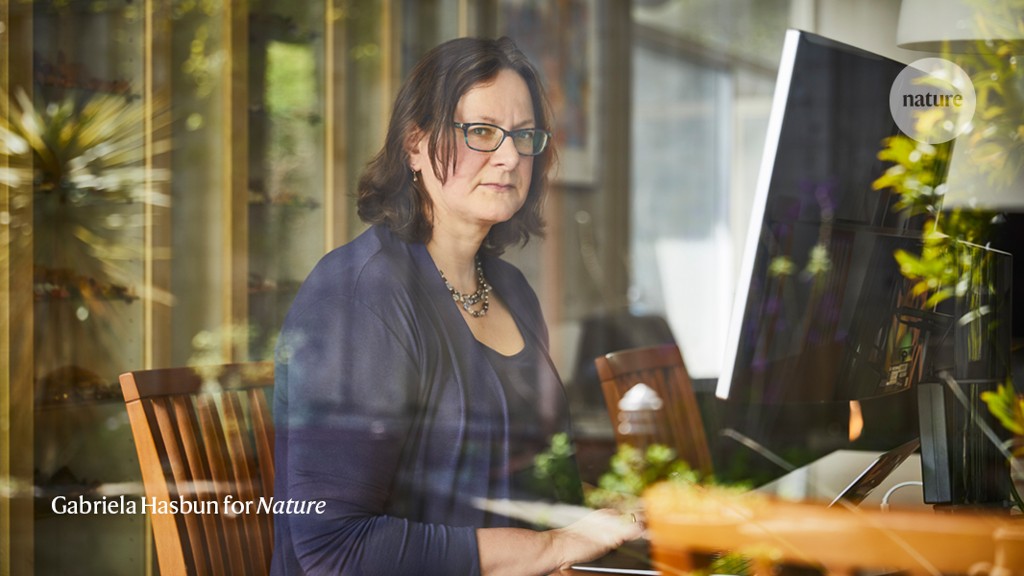
Admitting scientific errors is hard. It's also important.
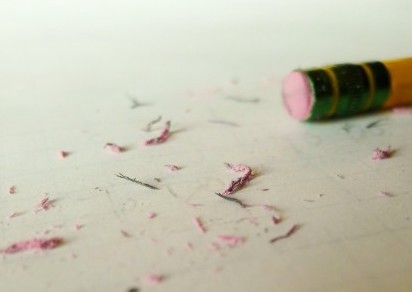
When science is viewed in isolation from the past and politics, it's easier for those with bad intentions to revive dangerous and discredited ideas.
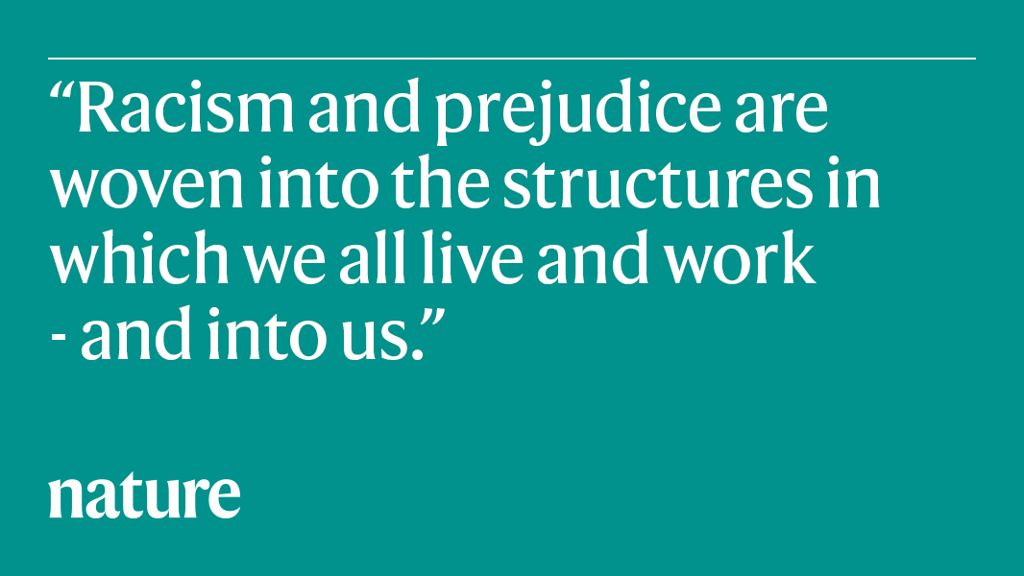
Online sleuths have discovered what they suspect is a paper mill that has produced more than 400 scientific papers with potentially fabricated images. Some journals are now investigating the papers.
